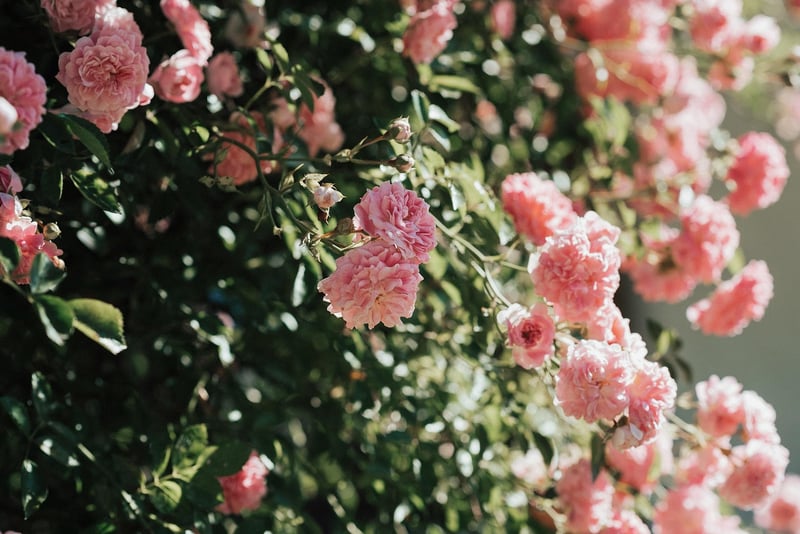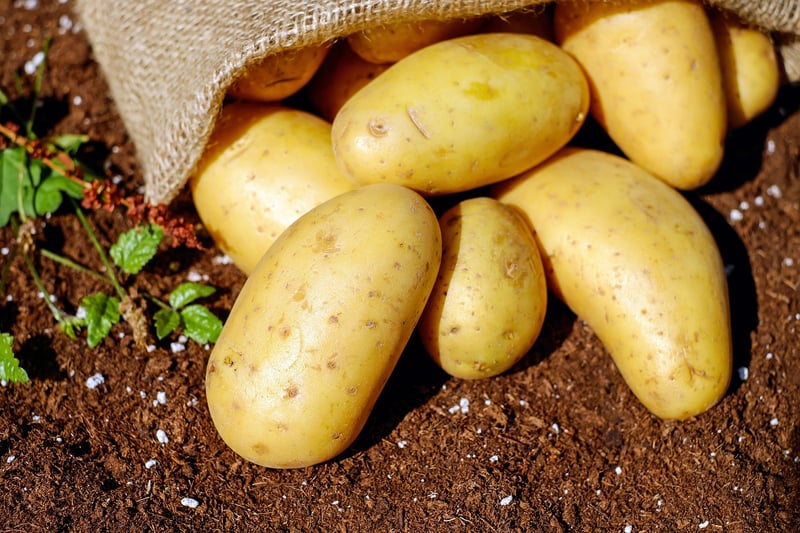Herbs & Vegetables
Choosing the Right Plants for Your Garden
Are you looking to create a beautiful and thriving garden but unsure where to start? Selecting the right plants is crucial for a successful garden. Whether you're a seasoned gardener or a beginner, understanding the needs of different plants can help you achieve a vibrant and healthy outdoor space. Here are some tips to guide you in choosing the perfect plants for your garden.
1. Know Your Climate
Before selecting plants, consider the climate of your region. Some plants thrive in hot and sunny conditions, while others prefer cool and shaded areas. Research the hardiness zone of your location to determine which plants are suitable for your garden's environment.
2. Determine Your Garden's Light Conditions
Assess the amount of sunlight your garden receives throughout the day. Choose plants that match the light conditions, whether they require full sun, partial shade, or full shade. This will ensure that your plants receive the necessary light to grow and bloom.
3. Consider Your Soil Type
Understand the composition of your soil, whether it is sandy, clayey, or loamy. Different plants have specific soil requirements, so select varieties that are compatible with your soil type. You can also improve your soil quality by adding organic matter like compost.
4. Plan for Maintenance
Consider the level of maintenance you are willing to commit to your garden. Some plants are low maintenance and require minimal care, while others need regular watering, pruning, and fertilizing. Choose plants that align with the time and effort you can dedicate to their upkeep.
5. Select a Variety of Plants
Creating a diverse garden with a mix of flowers, shrubs, trees, and vegetables can enhance its visual appeal and ecological balance. Choose plants of varying heights, colors, and textures to create a dynamic and vibrant outdoor space.
6. Research Plant Compatibility
Some plants complement each other, while others may compete for resources or be incompatible due to differing needs. Research plant compatibility to ensure harmonious growth within your garden and prevent issues like overcrowding or nutrient depletion.
Herbs & Vegetables
In addition to ornamental plants, consider incorporating herbs and vegetables into your garden. Growing your own herbs like basil, mint, and rosemary can add flavor to your culinary creations, while cultivating vegetables such as tomatoes, peppers, and lettuce can provide fresh and healthy ingredients for your meals.
By following these tips and selecting the right plants for your garden, you can create a beautiful and flourishing outdoor oasis that brings joy and tranquility to your surroundings.


Remember to regularly water, fertilize, and maintain your plants to ensure their health and longevity. Happy gardening!
